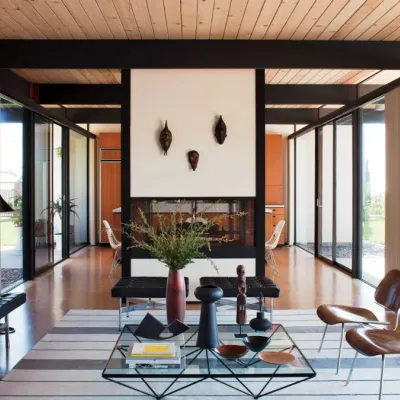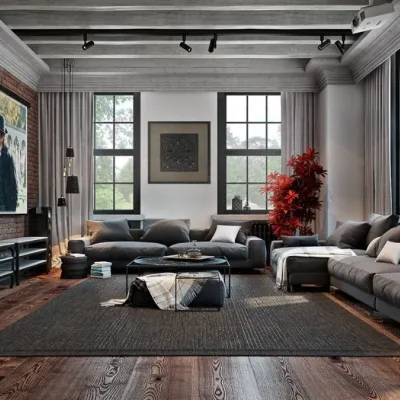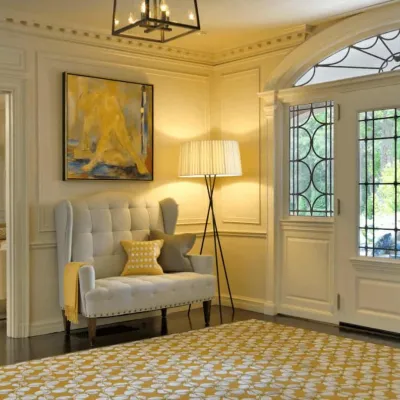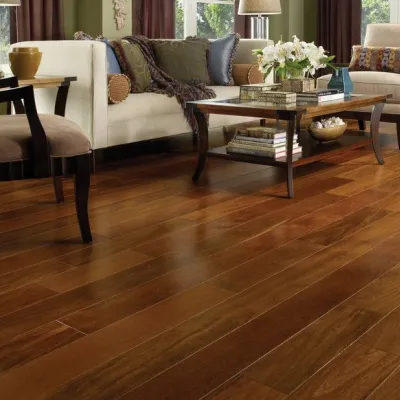There is a critical moment for all of us when we take a step toward starting a family. The arrival of a baby brightens up our lives, fills them with joy, and opens up new possibilities. A baby in the family changes the adults' priorities and helps them gain peace of mind. Parents try to do everything for children - to create conditions for the harmonious development of the most loved ones. Arrangement of the children's room is one of the first points to achieve this goal.
Here I will give ten tips on creating a design and all the most necessary things for a child's room, how to arrange a practical and charming children's room that meets the needs and interests of your child.
1. Color
Immediately after birth, your baby is still not good at distinguishing colors. Please wait until your child is older and determines his preferences. Try not to buy a lot of furniture at first. Choose neutral tones for your baby's room, leaving the opportunity to change the color palette quickly - soon, the child will choose it on their own. Prepare yourself for future repairs - at a minimum, repainting the walls or changing the wallpaper. Do not try to look for long-term solutions for the nursery.
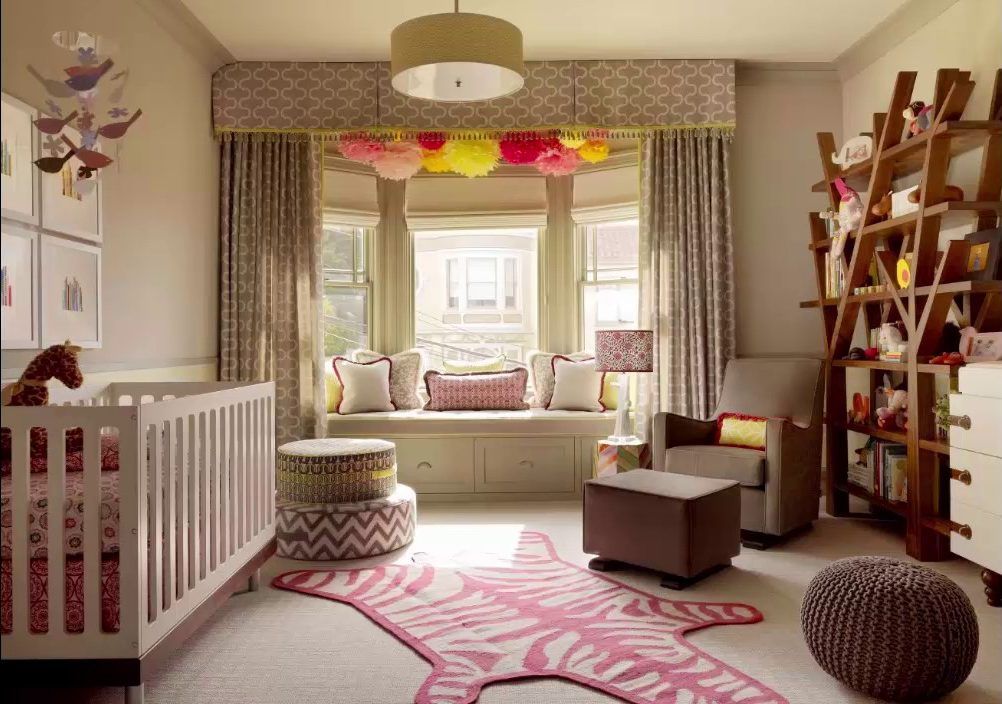
See house plan JL-12314-2-3-6
2. Children's fantasies
Children see everything around them, not as adults - fairy tales and fantasy images dominate children's imagination. The child perceives life as a game.
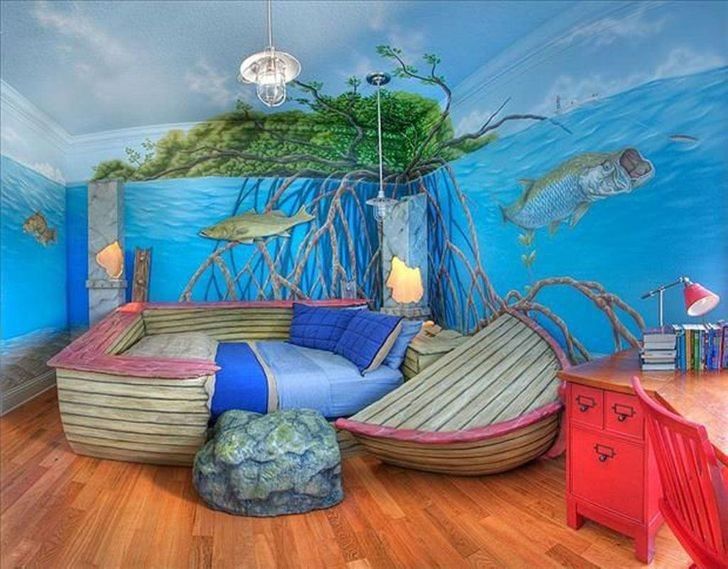
See PM-254429-2-3 house plan
To create a room that your baby will love, focus on what games he likes to play the most.
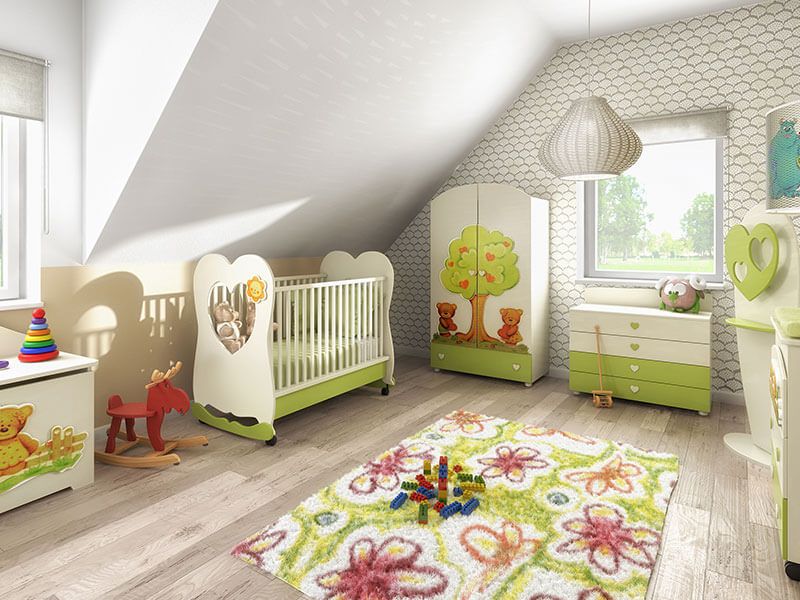
See house plan HH-76601-3-2
3. Free space
Regardless of the size of the room, try to create as much open space as possible for your baby to play. Choose an age-appropriate bed and small chairs or poufs.
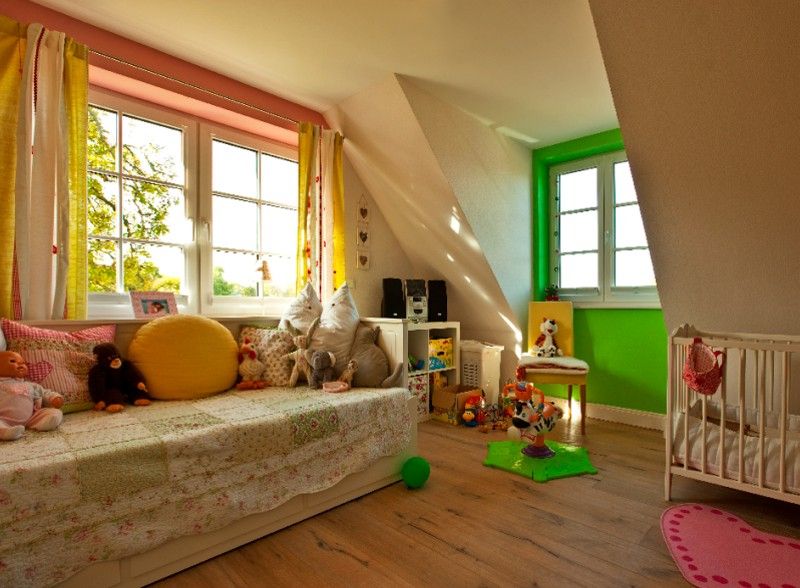
See TD-81021-2-3 home plan
4. Details
A careful selection of patterns and textures, as well as beautiful decorations or pictures, can help turn a child's room into a stunning space.
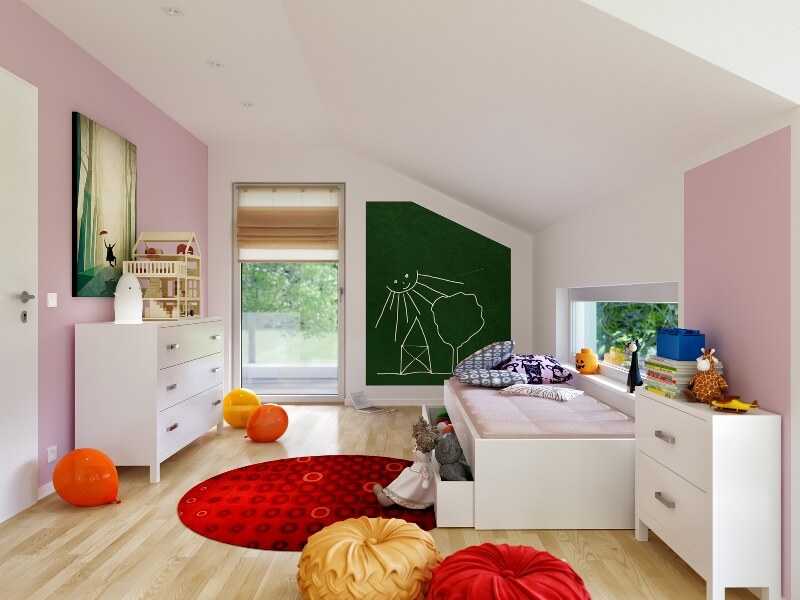
See Stick-162 house plan
5. Classroom corner
Create a simple and comfortable place for your child's creativity - it will not only occupy them but also help their mental and physical development. As teenagers get older, they will perceive it as a personal workspace and enjoy doing homework and doing their favorite things.
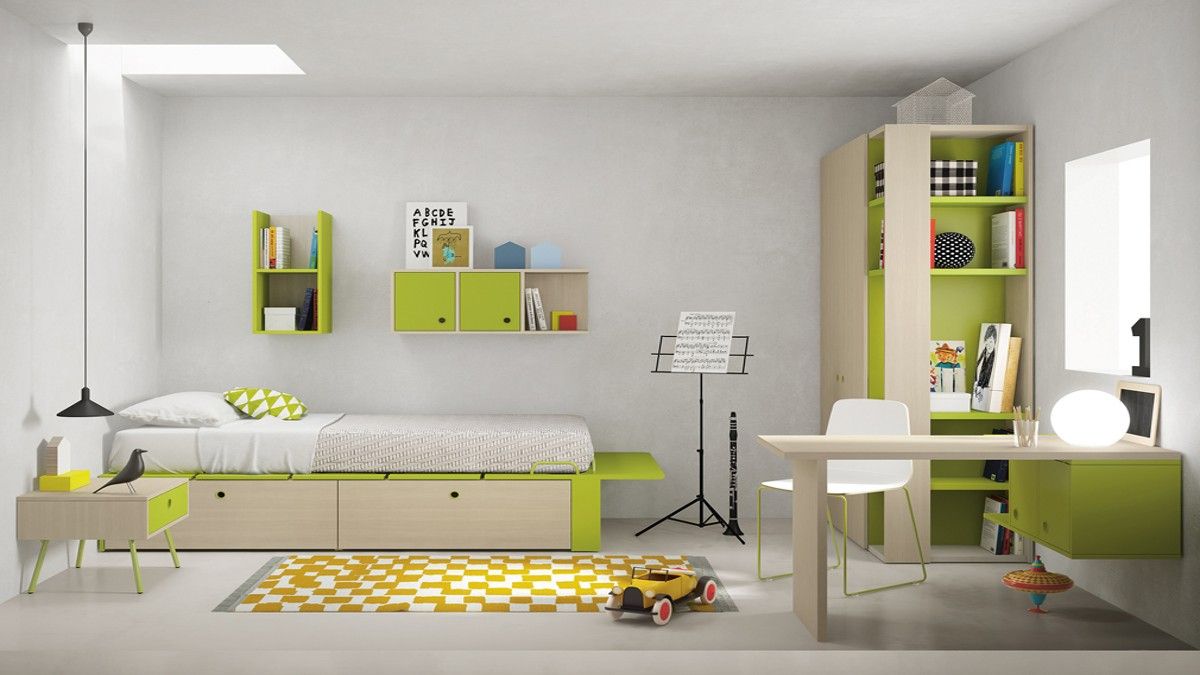
See house plan TD-261021-1-3
6. The Secret Place
Children's passion has no limits, but little people need privacy from time to time, where the child is curled up in a vast sea of dreams and fairy tale dreams.
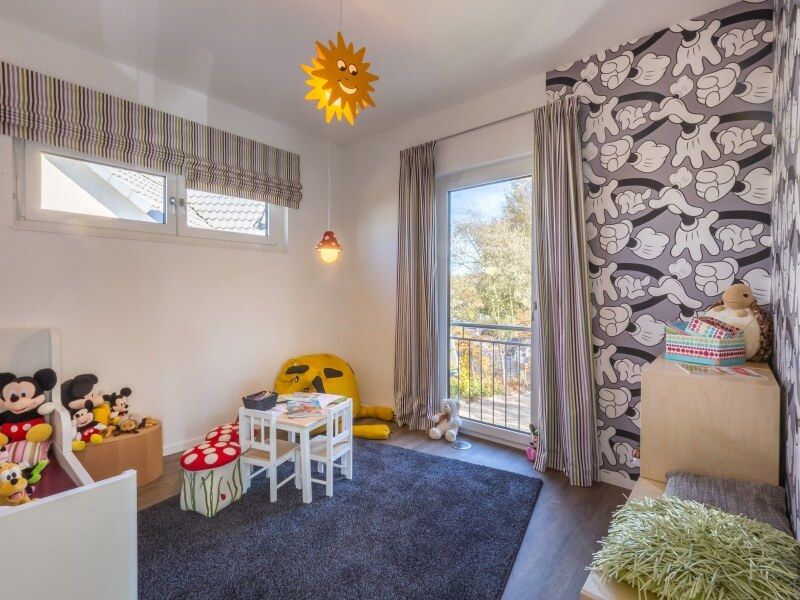
See HB-15762 house plan
7. Security
Cover the floor with soft carpeting so that frequent falls will not be painful for very young children, and bright patterns on the carpet will help hide stains left by your baby.
Add specialized children's furniture - toy storage boxes, bookcases, activity tables should have rounded edges on all surfaces, reducing the chance of bruises and injuries.
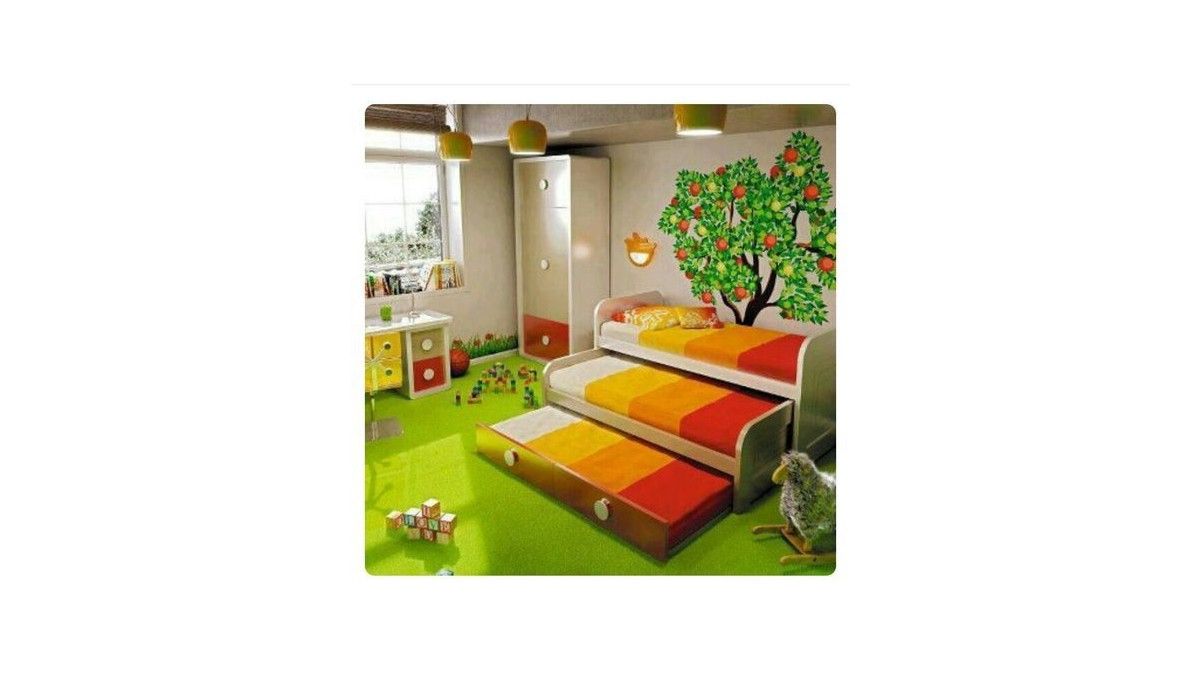
See house plan TD-221021-1-2
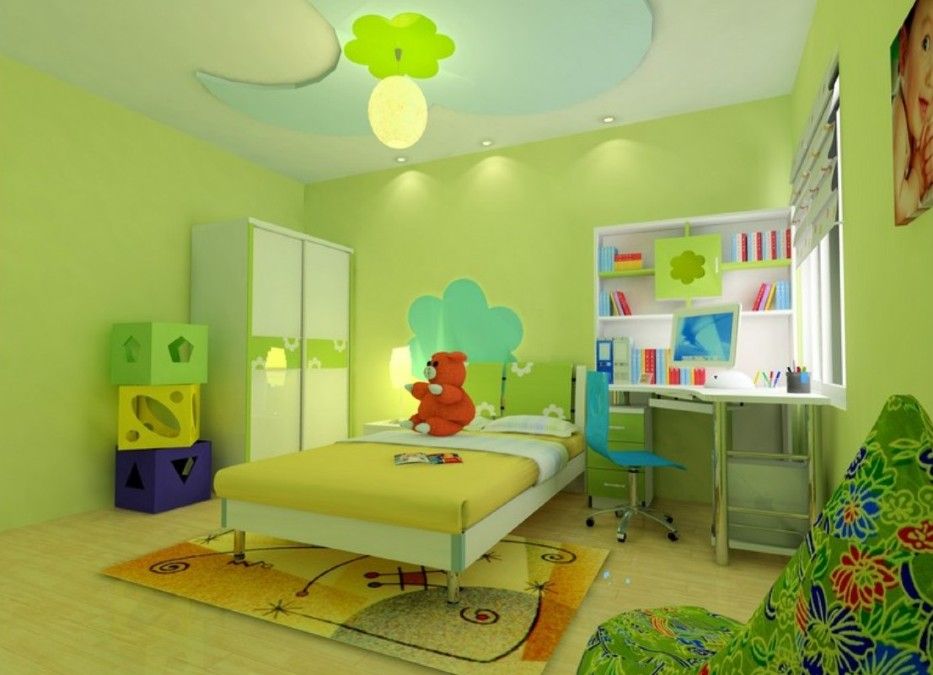
See house plan TD-241021-3-5
8. Order
From an early age, teach your child to keep their room tidy and clean. Your child will be happy to put everything in its place, creating a conditional order - this work should also be turned into a game.
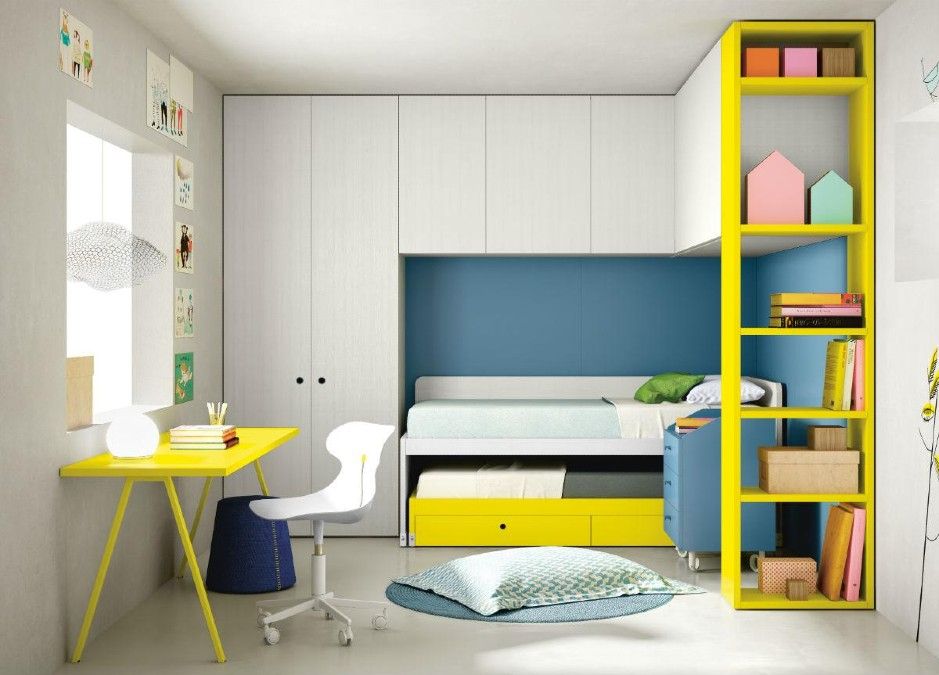
See TD-241021-1.5-4 house plan
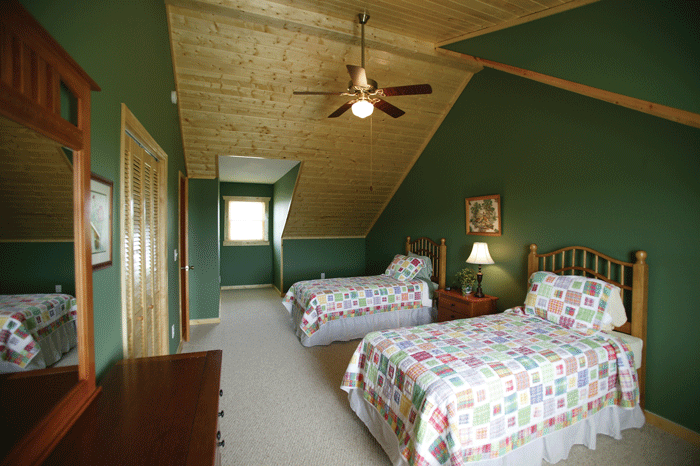
See house plan D-76211.5
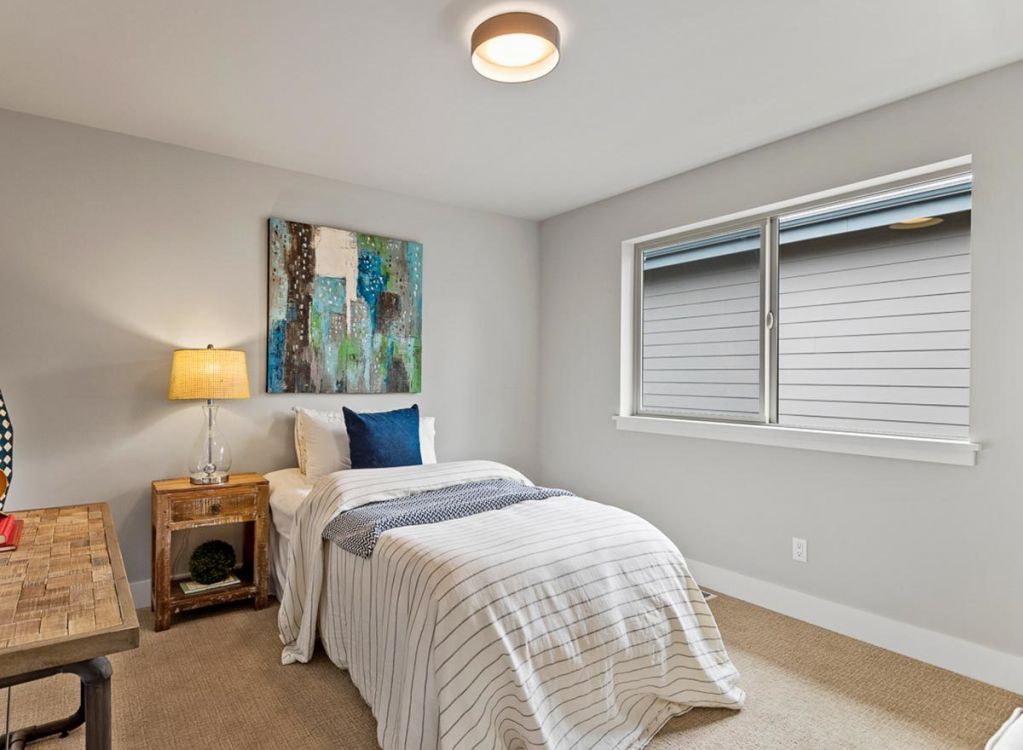
See house plan JD-23714-2-5
Finally, the most essential details for parents to remember when creating a child's room:
9. environmental friendliness
Everything around your child should be environmentally friendly, whether it's furniture, carpet, or the chemical composition of paints and wallpaper.
10. Light
The child's room should have as much light as possible during the child's awake hours. Provide plenty of daylight or warm electric light. A table lamp or night light should be used from the first days of your baby's life!
All this will help your child grow healthy, intelligent, cheerful, and happy!
